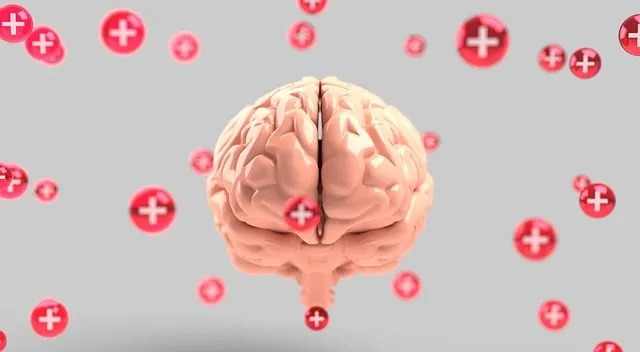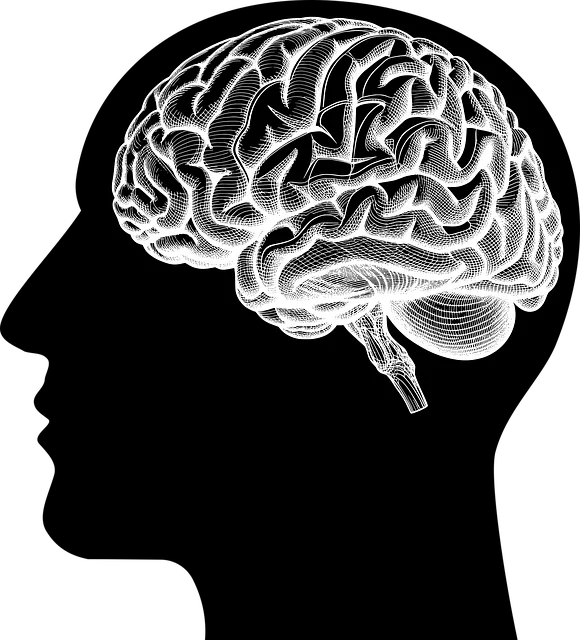Understanding trauma is vital for delivering effective support services, impacting mental and physical health, potentially leading to conditions like anxiety, depression, or PTSD. Kaiser Permanente's mental health centers in Lakewood, backed by positive reviews, offer tailored services using evidence-based practices such as Compassion Cultivation Practices and Stress Management Workshops. These initiatives aim to heal and empower individuals through comprehensive, holistic care, integrating diverse therapeutic methods and personalized support. Evaluating resources and gaps is crucial for enhancing trauma support, with organizations like Kaiser Permanente playing a significant role by addressing mental illness stigma and incorporating stress reduction methods. Community engagement, as seen in Lakewood's positive Kaiser Permanente mental health center reviews, fosters tailored programs, accessibility, and collective responsibility for mental wellness.
Trauma support services are vital to healing communities, especially in areas like Lakewood where access to specialized care is crucial. This article explores the comprehensive approach needed to address trauma, starting with understanding its far-reaching effects. We delve into the role of established healthcare providers, such as Kaiser Permanente Mental Health Center in Lakewood, and assess existing resources and gaps. Additionally, best practices for implementing trauma-informed care and the power of community engagement are discussed, highlighting the importance of collaboration for effective support services.
Key focus areas include Kaiser Permanente mental health center reviews and how they shape local perspectives on trauma care.
- Understanding Trauma and Its Impact: A Foundation for Support Services
- The Role of Kaiser Permanente Mental Health Center in Lakewood
- Evaluating Existing Resources and Gaps in Trauma Support
- Best Practices for Implementing Comprehensive Trauma-Informed Care
- Community Engagement and Collaboration for Effective Trauma Support Services
Understanding Trauma and Its Impact: A Foundation for Support Services

Understanding trauma is a cornerstone for providing effective support services. Trauma, whether it’s acute or chronic, can profoundly affect an individual’s mental and physical well-being, often leading to conditions like anxiety, depression, and post-traumatic stress disorder (PTSD). Recognizing the various forms trauma can take—from individual experiences like accidents or violence to collective traumas experienced by communities—is crucial. At Kaiser Permanente mental health centers, such as those in Lakewood, professionals are trained to offer a range of services tailored to these needs.
This involves incorporating evidence-based practices like Compassion Cultivation Practices and Stress Management Workshops Organization to help individuals process their experiences and develop healthy coping mechanisms. Public Awareness Campaigns Development also plays a significant role by educating the community about trauma’s impact, reducing stigma, and encouraging those affected to seek help. By fostering an environment of understanding and support, these initiatives aim to heal and empower individuals, as reviewed by Kaiser Permanente mental health center patrons in Lakewood.
The Role of Kaiser Permanente Mental Health Center in Lakewood

The Kaiser Permanente Mental Health Center in Lakewood plays a pivotal role in supporting individuals navigating trauma and fostering mental wellness. This center is renowned for its comprehensive approach to care, integrating various therapeutic modalities to address complex psychological needs. With a team of experienced professionals, it offers a safe space for emotional healing processes, catering to diverse populations.
Reviews highlight the center’s ability to provide tailored support, including guidance on mental wellness journaling exercises and confidence-boosting strategies. The holistic treatment plans cater to individuals’ unique journeys, promoting not just symptom reduction but also personal growth. This personalized care ensures that clients receive the tools and resources necessary for long-term mental health management, making it a go-to destination for those seeking quality trauma support services in Lakewood.
Evaluating Existing Resources and Gaps in Trauma Support

Evaluating existing resources and gaps in trauma support is a crucial step in enhancing care for individuals dealing with traumatic experiences. Organizations like Kaiser Permanente mental health centers, as reviewed in Lakewood, play a significant role by offering specialized services tailored to address various forms of trauma. These centers often employ professionals trained in evidence-based practices such as Mind Over Matter principles, which focus on empowering individuals to manage and overcome their trauma responses.
However, it’s essential also to recognize the gaps that exist within these systems. Mental illness stigma reduction efforts are ongoing challenges, as societal perceptions can deter people from seeking help. Moreover, while stress reduction methods are a vital component of trauma therapy, not all resources effectively incorporate these strategies into their programs. Identifying and addressing these gaps is key to ensuring comprehensive and effective trauma support services.
Best Practices for Implementing Comprehensive Trauma-Informed Care

Implementing comprehensive trauma-informed care requires a multifaceted approach that prioritizes understanding and addressing past traumatic experiences within healthcare settings. At Kaiser Permanente mental health centers, such as those in Lakewood, best practices involve integrating trauma-focused therapies, ensuring cultural competency, and fostering safe, supportive environments. This involves training staff to recognize and respond sensitively to trauma triggers, adopting evidence-based interventions like Eye Movement Desensitization and Reprocessing (EMDR) or Cognitive Behavioral Therapy (CBT), and promoting peer support networks among patients.
Additionally, integrating Stress Management Workshops within these centers helps equip individuals with coping strategies to navigate traumatic memories and current stressors. By combining these initiatives with ongoing Mental Illness Stigma Reduction Efforts, Kaiser Permanente mental health centers in Lakewood strive to create inclusive spaces where trauma survivors can receive holistic care tailored to their unique needs.
Community Engagement and Collaboration for Effective Trauma Support Services

Community engagement is a powerful tool in providing effective trauma support services. By collaborating with local organizations, mental health professionals can create a network that reaches and supports individuals within the community, especially those who might face barriers to accessing traditional care. This strategy ensures that services are tailored to meet the unique needs of diverse populations in Lakewood, as evidenced by the positive Kaiser Permanente mental health center reviews.
Effective collaboration involves joint initiatives such as hosting community workshops on topics like Mental Wellness Coaching Programs Development and Burnout Prevention, promoting Self-Care Practices, and organizing awareness campaigns. These efforts not only raise trauma awareness but also foster a sense of collective responsibility in supporting one another’s mental wellness. Such partnerships can significantly enhance the reach and impact of trauma support services, ultimately improving the overall well-being of Lakewood residents.
Trauma support services are vital for healing communities, and as evidenced by the Kaiser Permanente mental health center reviews in Lakewood, dedicated centers play a crucial role. By understanding trauma’s far-reaching impact, we can implement best practices that foster comprehensive trauma-informed care. Evaluating existing resources and identifying gaps is essential, leading to community engagement and collaboration, ultimately enhancing support services for those who have experienced trauma. This multi-faceted approach ensures that individuals receive the necessary tools for recovery and resilience.






